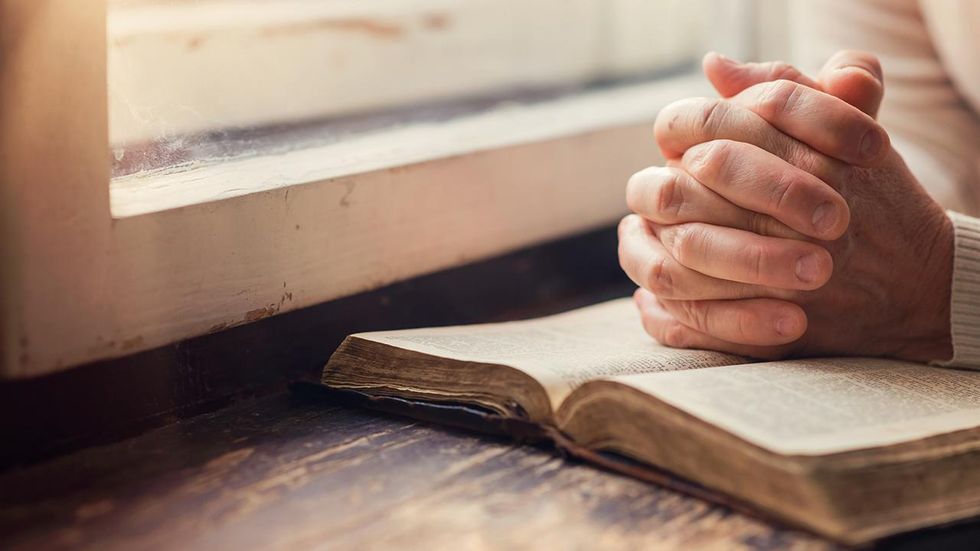
A new study suggests that big government can turn people from God by attempting to meet all of their needs. (Halfpoint/Getty Images)

When people rely on the government to supply their needs – free health care, welfare, or public housing, for example – they are less likely to view God as their provider, a new study shows.
The revelation comes from an article titled, “Religion as an Exchange System: The Interchangeability of God and Government in a Provider Role.” The article was published last week in Personality and Social Psychology Bulletin.
“If the function that religiosity provides can be acquired from some other source, the allure of religion will diminish," authors Miron Zuckerman and Chen Li of the University of Rochester and Ed Diener of the Universities of Utah and Virginia wrote in their study.
And their study has the figures to back it up. Zuckerman and Li used data from the World Bank, World Fact Book, U.S. Census and Gallup to arrive at their conclusions.
"If a secular entity provides what people need, they will be less likely to seek help from God or other supernatural entities. Government is the most likely secular provider,” the researchers wrote. “We showed in two cross-sectional analyses, one using world countries and one using states in the United States, that better government services were related to lower levels of religiosity.”
Between 2008 and 2013 in the U.S., “better government services in a specific year predicted lower religiosity 1 to 2 years later,” the researchers found.
Here’s how they crunched the numbers: Their research “measured government services by looking at how much each state or country spent on health and education as a percentage of gross domestic product.”
Figures were adjusted to account for differences in “quality of life and income inequality across countries and states,” according to McClatchy news.
Researchers then compared those figures with data about religion that was collected by Gallup from 455,104 people across 155 countries, the paper states. That represents nearly 3,000 respondents from each country surveyed, according to McClatchy news.
“If benefits acquired in the religious exchange can be acquired elsewhere, religion becomes less useful,” the paper states.
The research means that from a spiritual standpoint, the so-called nanny state is as dangerous as many pastors have warned.
“The power and order emanating from God can be outsourced to the government,” researchers wrote.
The paper combined the results of 63 other studies to reach its conclusions, researchers said.
Zuckerman, the lead author, previously studied the links between intelligence and religious beliefs.